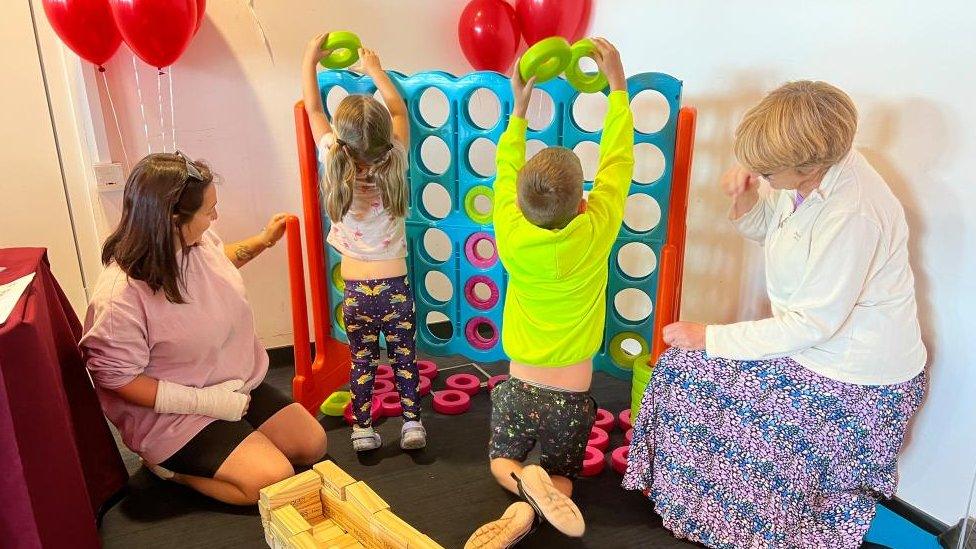Bristol study finds babies born out of hospital risk hypothermia
- Published
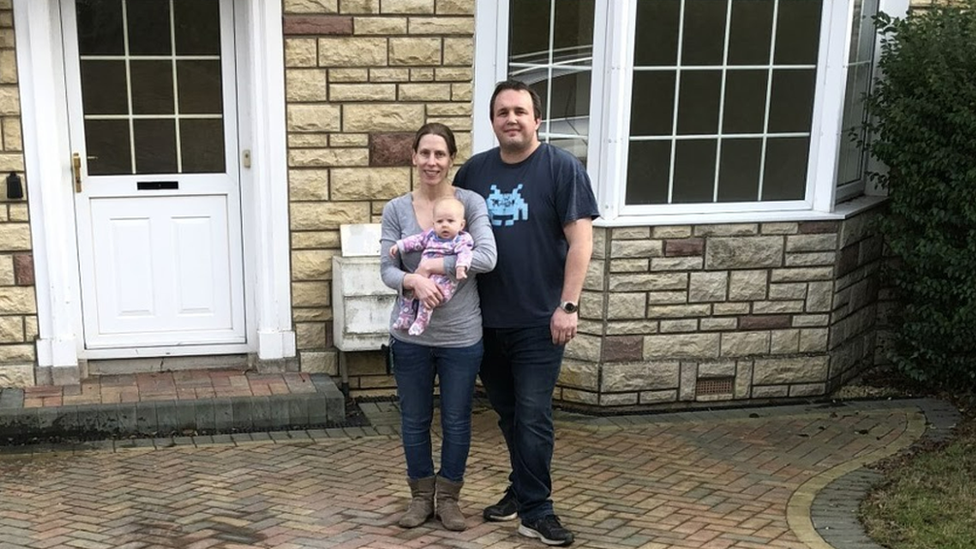
Simon and Louise Walker's daughter Emilia was born outside and did not have her temperature immediately checked
Babies born out of hospital have been put at increased risk of hypothermia, new research shows.
The University of the West of England (UWE) study found only 2.7% of babies born this way in the South West had their temperatures recorded.
Of these, 72% were hypothermic on arrival at hospital.
Dr Laura Goodwin, from UWE, suggested it could be that paramedics were only taking the temperatures of babies they were concerned about.
Louise Walker, 43, from Bristol, went into labour at home.
"Simon still thought we could make it to the hospital so he was ushering me out of the front door," she explained.
"I said 'no.. there's a head', so we got out onto the driveway. I got another urge to push and did and Emilia our daughter fell out on to the driveway."
Emilia did not have her temperature checked until she arrived at the hospital.
"It was found that she was cold and that's when they put her under the heater to warm her up," said Mrs Walker.
After being warmed with a heated blanket, the baby was fine.
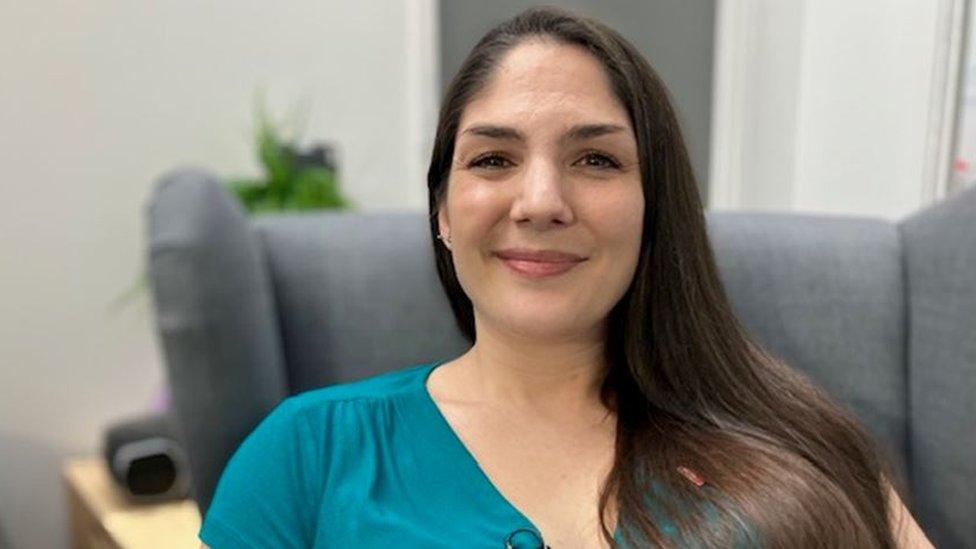
Dr Laura Goodwin said: "There are so many things for the paramedic to think about that the recording of temperature was not always being considered"
Some 3,700 babies are born in the UK each year in a pre-hospital setting, with these newborns experiencing poorer health outcomes compared with babies born in hospital.
Paramedics often attend these births without the support of a midwife, such as in Mr and Mrs Walker's case.
Guidelines recommend every baby should have a temperature check, as hypothermia is a serious risk for newborns in the minutes immediately following birth.
The three-year UWE study, external investigated normal deliveries across the South West.
Data from six of the region's hospitals showed 35% of babies conveyed to hospital were hypothermic on arrival.
Dr Goodwin, an associate professor in emergency care, said a newborn's risk of death rises by 28% with each degree below 36.5 degrees.
"A baby can become hypothermic in about five minutes, and there is a key window of opportunity for taking action to increase or maintain the baby's temperature," she said.
She explained the study found paramedics were "drying and wrapping the baby" but the taking of the baby's temperature "was not always prioritised or possible due to the stressful nature of an unplanned out-of-hospital birth".

Simon and Louise Walker's baby did not have her temperature checked until they arrived at hospital
Dr Goodwin said one of the reasons temperatures were not being taken was equipment.
South Western Ambulance Service NHS Foundation Trust (SWASFT) has been working with the researchers to improve safety for these babies.
These changes include revising the digital patient care record system to better highlight documentation of new-born observations, adding an infant warming mattress to all frontline vehicles, and ensuring under-arm thermometers are kept restocked.
Dr Sarah Black, head of research, audit and improvement at SWAFT, said new training for all frontline staff will also now teach the importance of recording temperatures and understanding of the risk of hypothermia in new-born babies.

Follow BBC West on Facebook, external, X, external and Instagram, external. Send your story ideas to: bristol@bbc.co.uk , external
- Published29 January 2024
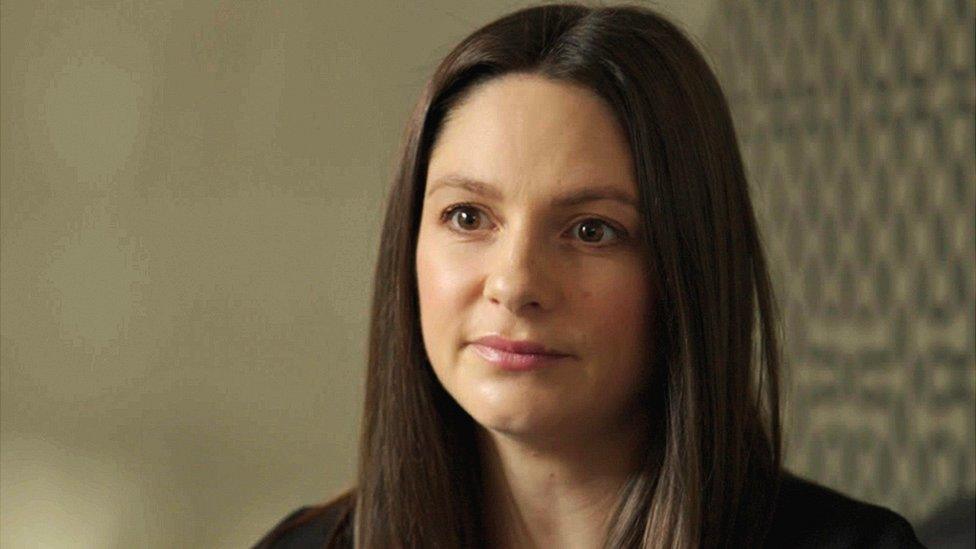
- Published23 January 2023
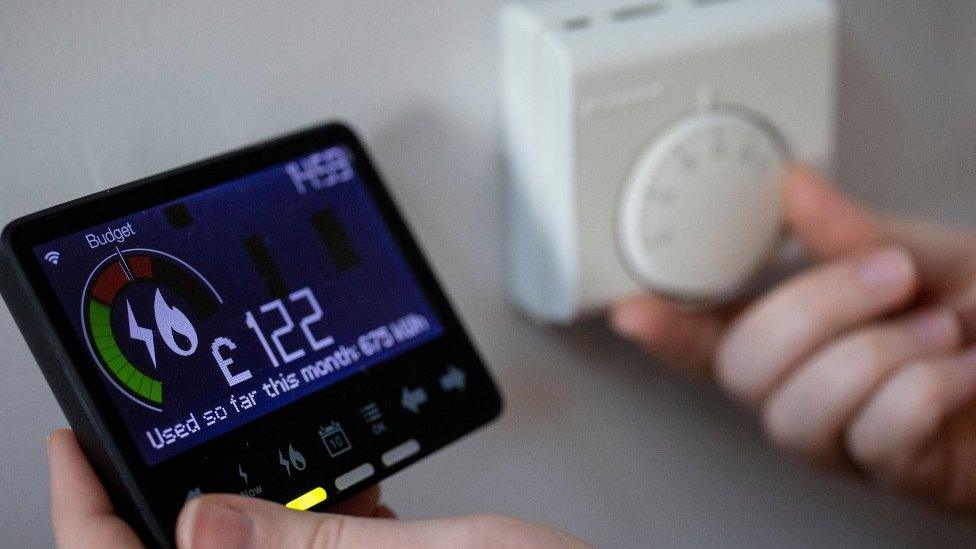
- Published7 January
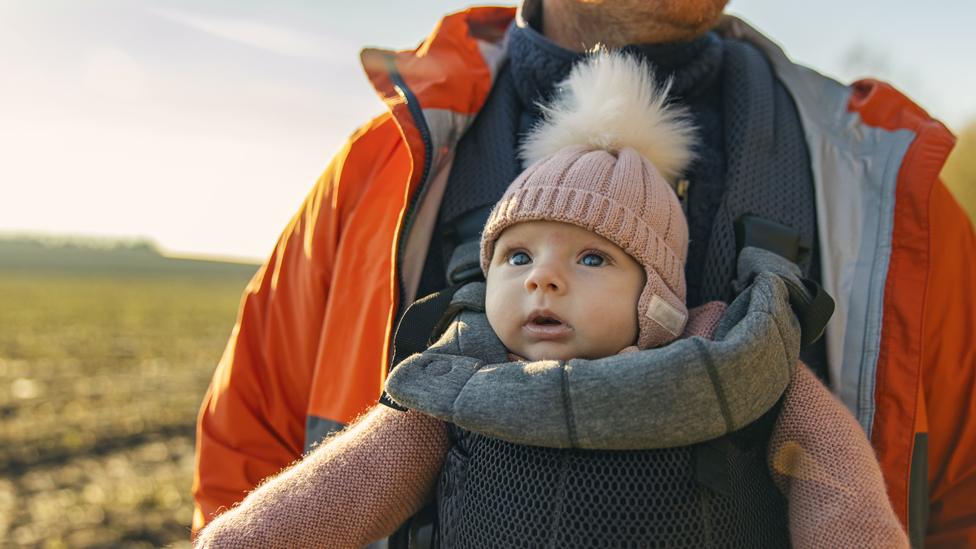
- Published16 October 2023
